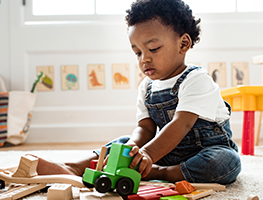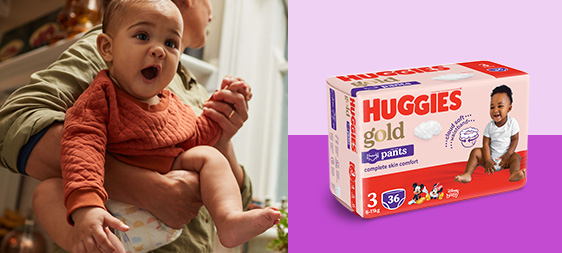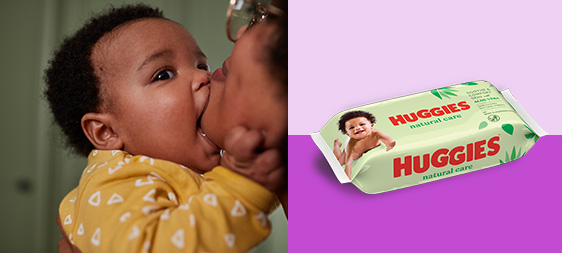Almost every parent has been through it – when your precious little one has an epic temper tantrum in the middle of a busy supermarket. They’ve even turned themselves purple in an effort to let you know how displeased they are with the situation.
You’ve tried to keep a neutral expression as you race round the store, frantically grabbing the items you need for the household. At the same time, you’re trying desperately to calm your cranky baby down.
So, how do you ensure that the chances of a meltdown are minimised? Whether your little one is having a tantrum in the middle of a supermarket, or in the privacy of their bedroom, it can be a very distressing occurrence. Remember, you aren’t alone. Lots of parents go through this.
Common signs that a tantrum is coming
Low-level whinging
Rubbing eyes
Refusing to participate in activities
Increasingly demanding
Calling your name over and over
Crying
Top tips to keep your little one calm
Breathe deeply. Your baby is attuned to you and your feelings, so you need to set the tone when you can see a meltdown is imminent. If you get upset or distressed, it will not help either of you. Take some deep breaths and work out the best way to distract them from their tantrum. Later on, when you are on your own, feel free to take it out on a pillow.
Be organised. Plan your trips and activities around their schedule. That way, you can go on outings when your little one is refreshed, rather than when they are overtired or likely to get upset.
Be consistent. Little ones thrive on routine. They need to know when meal times and nap times are, and that you will ensure they happen within consistent timeframes. By providing them with this security, they’re much less likely to throw tantrums.
Have a back-up. Always make sure you’ve got a spare drink or snack stashed away when you go out. Tantrums can be caused by basic hunger or thirst, and offering them this will provide a great distraction from a potential tantrum.
Keep it quiet. Try to keep noise levels down at home. Some babies are very sensitive to sensory stimulation and homes can be surprisingly noisy places. Factor in a television playing, a radio blaring and a ringing telephone as these sounds combined could create a meltdown situation for your little one. Make sure you turn off anything you aren’t actually using to reduce the sound impact.
Stop and drop. Sometimes it is better to stop what you are doing and just get down on the ground with your little one. Spend some time cuddling them and singing some of their favourite songs with them. By reassuring them and giving them one hundred per cent of your attention, you will make them forget their cranky mood.
Change the scenery. Whether you are outside and head indoors or vice versa, a change of scenery will usually calm an unsettled child. This is because they’ll have a whole new world to distract them.
Do something new. Sometimes you have to recognise that whatever you are doing needs to be discontinued. Whether it is folding the laundry or walking to the shops, you may need to simply stop that activity and accept that you will just have to do it later.
Run a bath. Most babies associate bath time with winding down at the end of the day. By running one and letting them play for a little while, you’re giving them a positive association that helps them to settle.
Respect the mood they are in. Sometimes your little one may be cranky for no apparent reason. If you’ve tried to settle them and it isn’t working, give each other a bit of space. The other thing to consider is that they may be coming down with something, so it might be helpful to watch out for that.



























